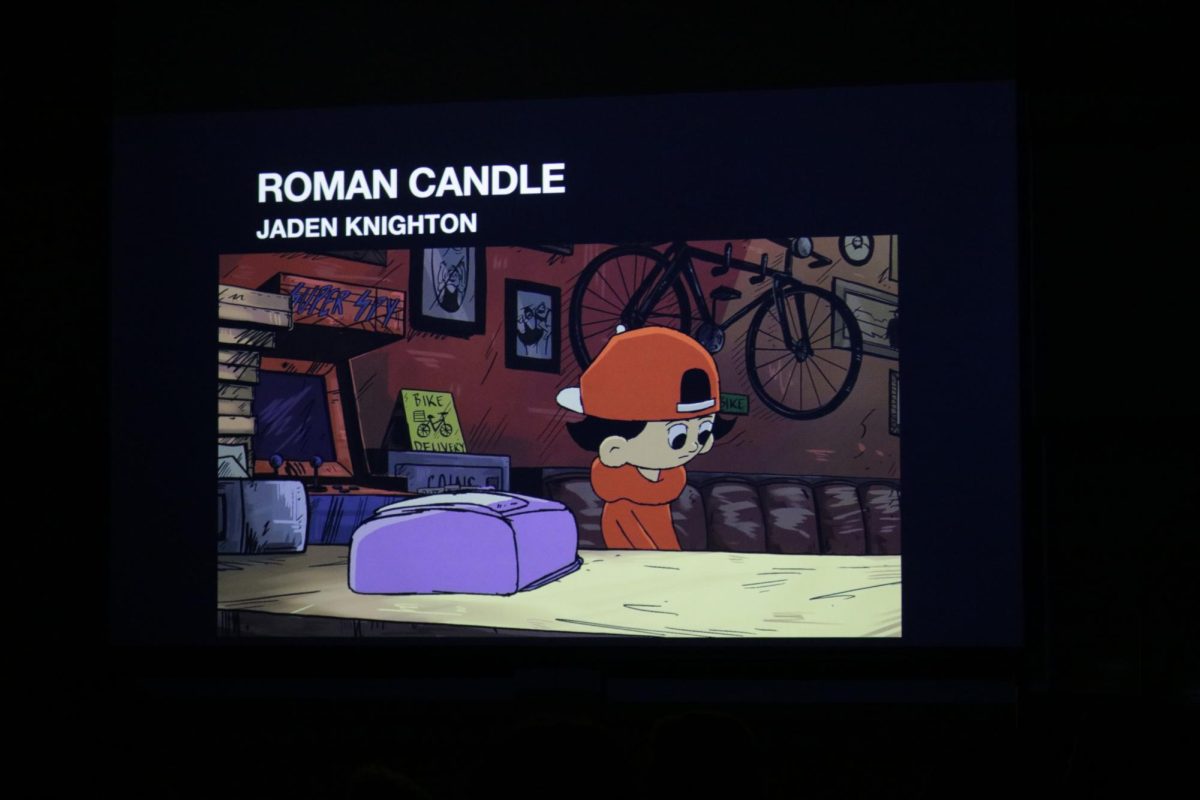Two weeks ago, the death of cinematographer Halyna Hutchins rocked the film industry. The events leading up to this shooting revealed a lack of safety attentiveness and poor set leadership. Professor of cinema and media arts professor Dean Yamada gave his insight on this event and the implications it has toward the current state of the film industry.
It looks like there was some negligence on part of the producers. Can you give me your perspective on the story?
Dean Yamada: “It was a fairly rushed shoot. The producers cut corners. I’ve heard that two producers on the shoot were in a lawsuit previously for misusing funds that they had raised. They were cutting corners possibly—they were hiring people that weren’t qualified for the job. Specifically the armorer and the first AD, I believe, had been fired from the previous film, too. And then those people basically were negligent in the way that they handled the guns, loaded the guns, handed the guns off to actors, even in the way they trained the actors because actors are supposed to be trained to handle firearms or prop guns. So, it just seemed like it started from the top and went all the way down.”
What specifically does cutting corners look like besides not hiring the right people?
Dean Yamada: “It would be longer days and fewer days of shooting. It would be not accommodating cast and crew properly. I had heard that members of the camera team had walked off set because they were protesting the longer commute, which probably means that they were living in cheaper housing farther away. And when you’re on set for like 12 hours but then you have to drive home and then drive back early in the morning, it just causes a little bit more danger because people are tired. There are union laws against that.”
So is that a common problem people are facing in Hollywood right now, and is that historic or is that the problem of underpaid workers and bad working conditions?
Dean Yamada: “Historically, I can’t say. But yeah, it’s a problem. I mean, it’s not even a problem just amongst people in production on set. It’s a problem, I think, across Hollywood, where production assistants are not paid a living wage. And so the number of hours they work, when you even out how much they get paid to how many hours they work per week, it’s probably less than minimum wage. There are articles that you can read about production assistants in Hollywood. There was one that came out a year ago that was very interesting to read about how little they get paid and how much abuse there is.”
When people are not paid enough and when we are cutting corners, do you think that that contributes to negligence on set?
Dean Yamada: “Yeah, I think so.”
It seems like what is happening here is that the money is not being distributed well. In your experience, are there places where people overspend so that they underspend in important places?
Dean Yamada: “Like I said, I’m not sure how many independent films would ever say they have enough money—you can never have too much money to make a film. But sure, I think the production could overspend on talent because that’s what sells the film. So, they would spend a large percentage of their budget to get a name actor, so that they can have a better chance of selling the film when it’s finished. And so maybe because you put so much of your budget into that one actor, you cut corners in other places.”
In your personal experience, have you seen this kind of negligence on set before?
Dean Yamada: “Well, you can look up about five years ago, a story that took place, I think, in Georgia, where a small crew with some name actors, I think William Hurt was in it, made some very poor decisions. They decided to put a bed illegally on a train bridge, which is one of the most dangerous things that you can do. And they didn’t have permission to be there. They didn’t have permission to shoot there. And the worst possible thing happened: a train came down the tracks, everyone scattered, people were hanging off the bridge. The train hit the bed. The bed splintered into a thousand pieces, hitting the first assistant camera person and killing her. So, this is reminiscent of that kind of negligence. The director of that, she went to jail for a year. So, that was a pretty big story too. And at the Academy Awards, they had a little thing before one of the commercials in memory of the first assistant camera person, which I imagine will happen again for this incident.”
So besides just not using firearms on set, do you think that there needs to be more safety laws?
Dean Yamada: “I’m not sure if there are laws that need to be in place, but safety is always number one. That’s what we stress to our students. The most important consideration when you go to a set is safety because nothing means anything if someone gets hurt. Films are just films. They’re meaningless when compared to a person’s well-being and life. So, I stress to our students that their peers are more important than the film. That’s what’s going to last, not the film.”











